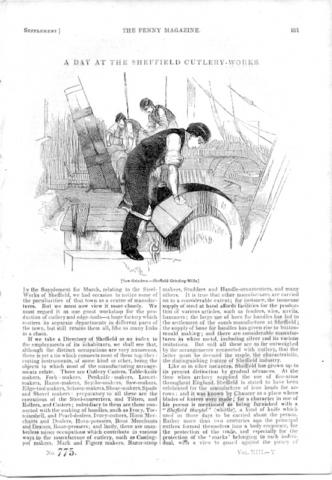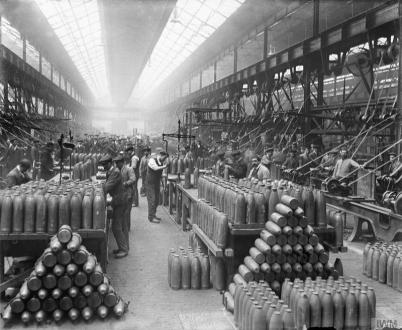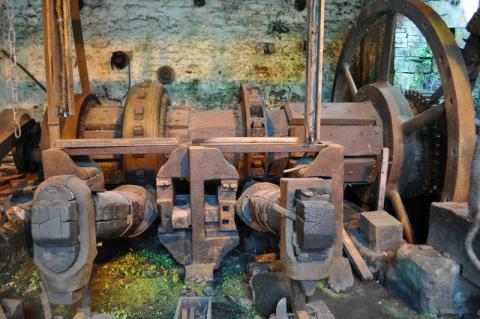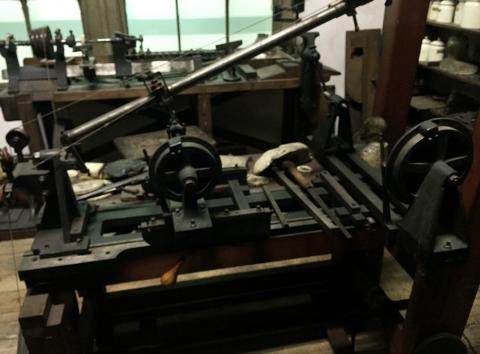Sheffield’s energy and industry story, past, present and future The story Sheffield’s life as an industrial city began as a low carbon one. Chief Executive of Sheffield Industrial Museums Trust, John Hamshere takes up the narrative...
Sheffield’s water powered birth as an industrial city
Filmed interview transcript between John Hamshere and Alex Pettifer from the Sheffield Industrial Museum Trust. “…in terms of the actual nature of Sheffield if you like, the existence of Sheffield, it’s largely due to a combination of the natural resources being available, but of course the exploitation of those natural resources as driven by water by the fact there’s seven hills, five rivers. All those rivers used to be full of grinding hulls, water wheels, water wheel driven grinding hulls and all the industry was coming down those valleys, and indeed where you’re sitting now is a manmade island, which was produced by water-power. The first mill race or goyt off the River Don, ... Read More ›The story of the shift to steam was not driven by affordability, or power, but through its convenience and the control it enabled over the workforce, as Renata Tyszczuk writes…
Watts Steam Engine, 1776
The Industrial Revolution is associated with the introduction of James Watt’s steam engine. In around 1776 the Scottish instrument maker and engineer James Watt improved the Newcomen engine, by adding a separate condenser, air pump and also a rotary mechanism. Newcomen’s engine, invented in 1712 had been the first practical device to harness the power of steam to do mechanical work. Steam engines were used primarily to pump water out of mines. Watt had realised that these engine designs wasted a great deal of energy by repeatedly cooling and re-heating the cylinder. The separate condenser avoided this waste of energy and radically improved the power, efficiency, and cost-effectiveness o... Read More ›As technology changed the industrial landscape changed with factories moving from along the rivers, yet in Sheffield, unlike its industrial neighbours Leeds, Derby and Manchester, consisted of many small workshops and self -employed Little Mesters.
FILE Sheffield as ‘One Great Workshop’

With the changes in the ways factories and work was organised, so too came social changes, including the way in which we organised time and our days, and our cities. Yet the effect of this is that on current discourse is that fossil fuels are the only way that we can power our lives in the 21st century society. The Stories of Change projects wants to question these assumptions, and show that it has been otherwise and can be again…
Story created by Future Works, 02 Sep 2016


